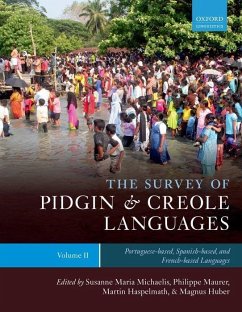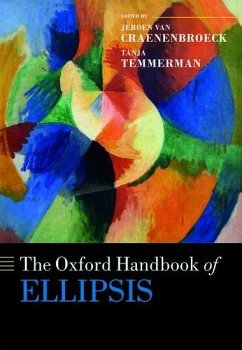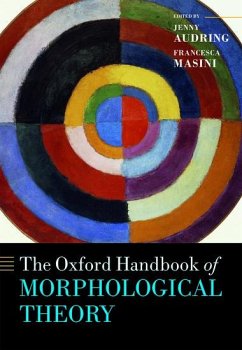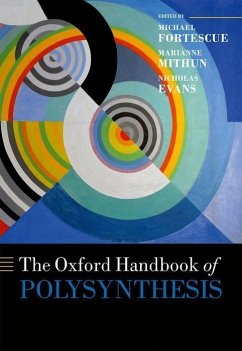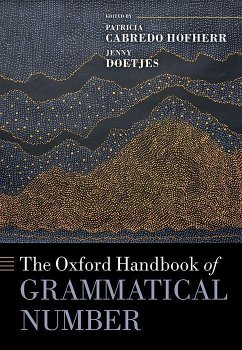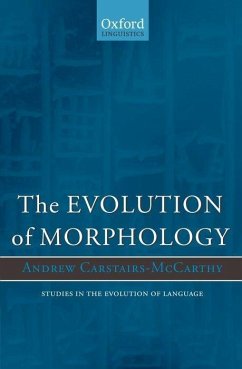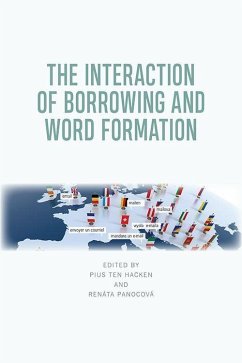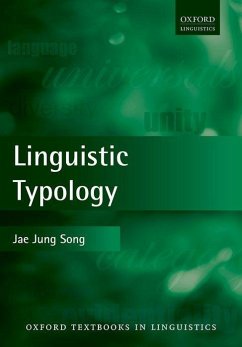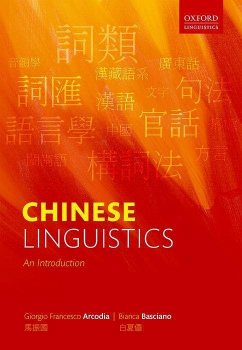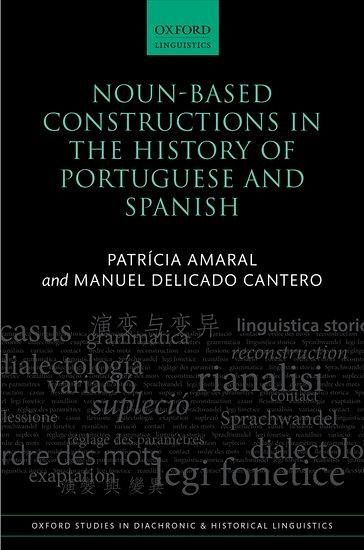
Noun-Based Constructions in the History of Portuguese and Spanish

PAYBACK Punkte
49 °P sammeln!
This book explores syntactic and semantic change in three types of complex construction in Spanish and Portuguese. It uses a systematic comparative corpus study to reveal distinct developments occurring in parallel, and provides a crucial test case for theories of language change.




